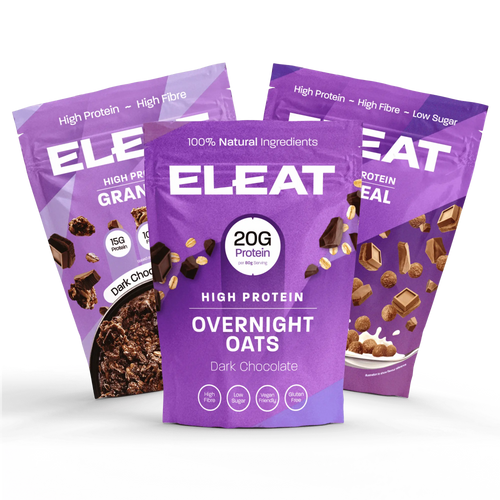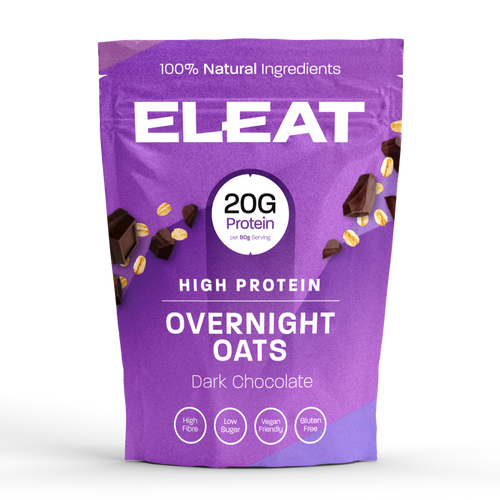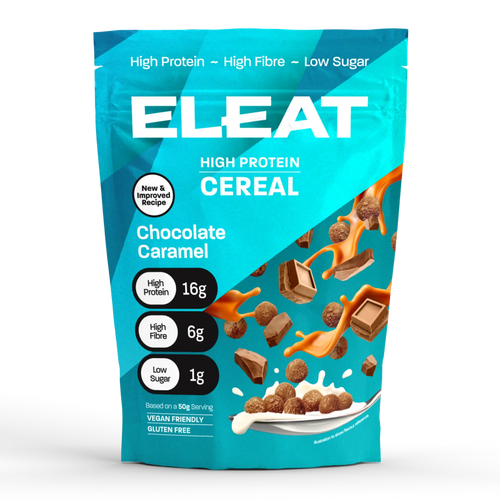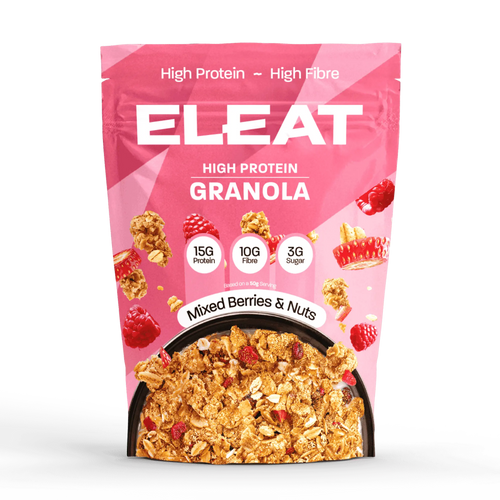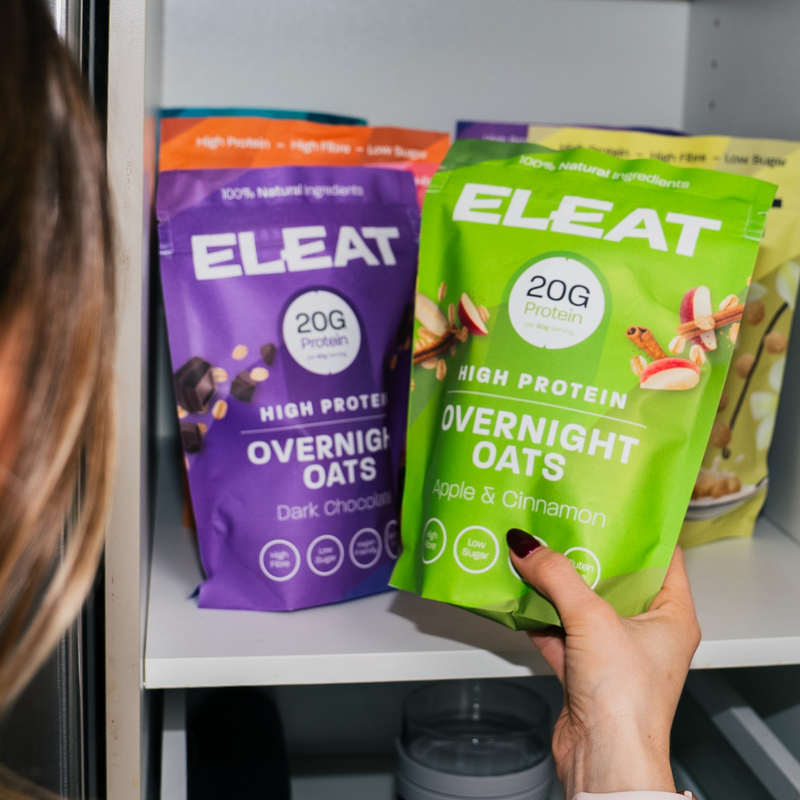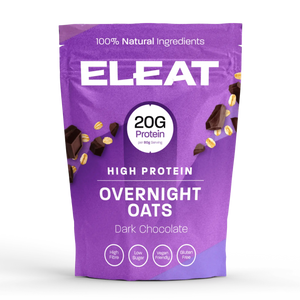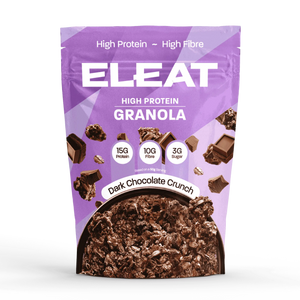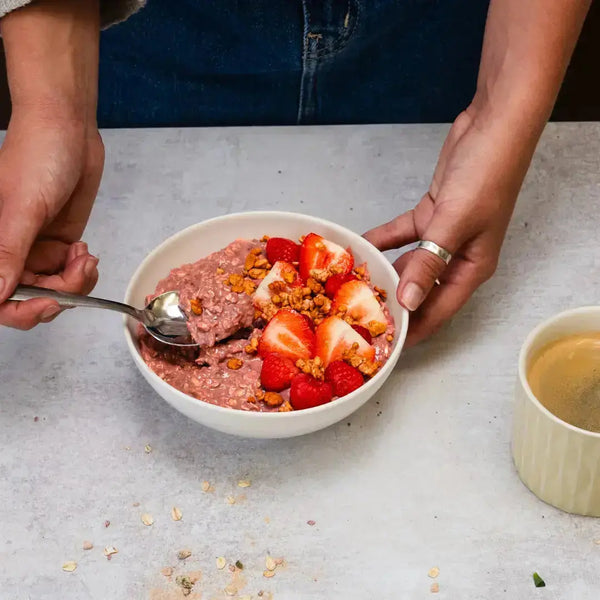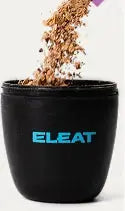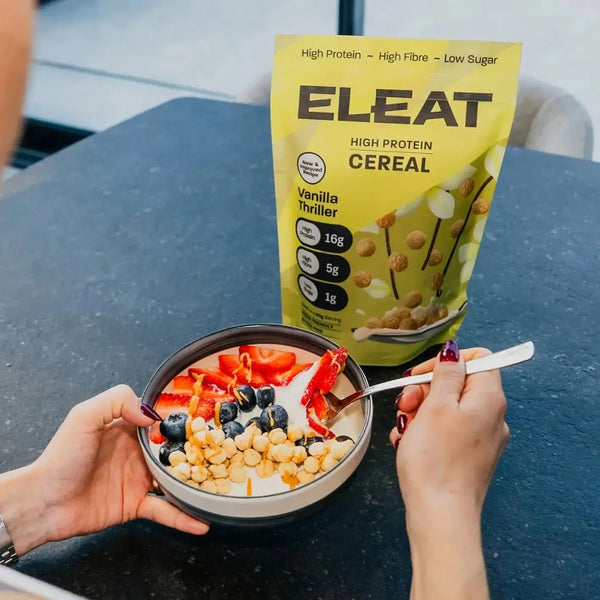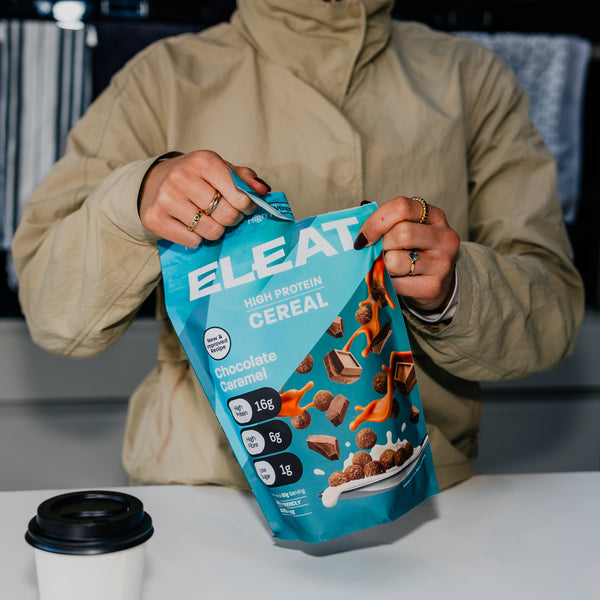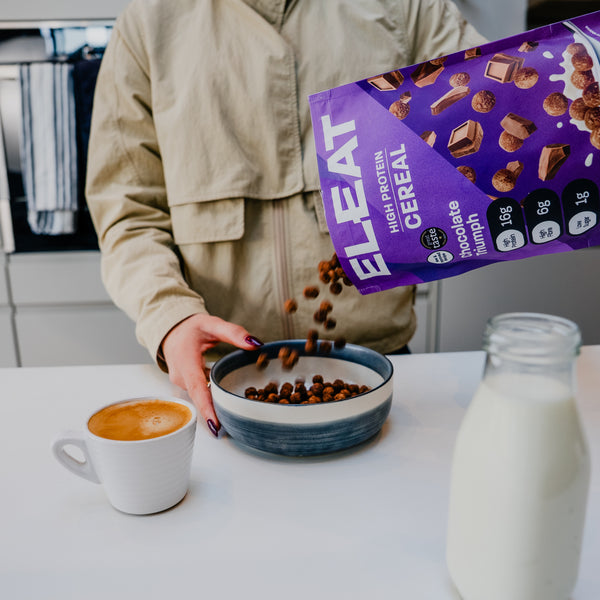In this article:
Your gut does a lot more than digest food. It influences your mood, immune system, skin health, energy levels, and even how well you sleep. That’s why looking after your gut isn’t just a digestive issue, it’s a full-body priority.
One of the easiest and most effective ways to support your gut health is through your diet. What you eat directly affects the diversity and balance of your gut microbiome — the trillions of bacteria living in your digestive tract. In this blog, we’ll explore some of the best foods to include in your diet for better gut health and a few common ingredients to limit.
Why Gut Health Matters
The gut microbiome plays a crucial role in everything from breaking down food to producing vitamins, regulating inflammation, and communicating with your brain. When your gut is out of balance (also known as dysbiosis), you may notice symptoms like bloating, constipation, fatigue, sugar cravings, skin issues, or poor focus.
By feeding your body the right foods, you can help restore balance to your gut, support digestion, and encourage the growth of beneficial bacteria that keep you feeling your best.
Best Food Groups for Gut Health
To maintain a healthy gut, aim for a diet rich in fibre, plant diversity, and natural compounds that promote microbial balance. Here’s a closer look at the top food groups that nourish your digestive system:
High-Fibre Foods
Fibre is arguably the most important nutrient for gut health. It feeds your beneficial gut bacteria, helps bulk up stool for regular bowel movements, and supports overall digestion. Foods like oats, lentils, chickpeas, flaxseeds, chia seeds, and vegetables such as broccoli and carrots are excellent choices.
Try ELEAT High Protein Oats for a fibre-rich start to your day. They also offer added protein and prebiotics, helping you feel fuller for longer while supporting a healthy gut.
Prebiotic-Rich Foods
Prebiotics are specific types of fibre that act as fuel for the good bacteria in your gut. Common prebiotic-rich options include garlic, onions, leeks, asparagus, and bananas. These foods help beneficial microbes flourish, improving your gut balance over time.
Functional foods like fortified cereals can also be a great source. ELEAT cereals and oats, for example, include added prebiotics, making it easier to support your gut without needing to prepare a complicated meal.
Fermented Foods
Fermented foods are packed with live microorganisms, probiotics, which can increase the diversity of your gut microbiome. Options like yoghurt with live cultures, kefir, sauerkraut, kimchi, miso, and tempeh can all contribute to a healthier gut environment.
Incorporating a spoonful of sauerkraut into your meals or enjoying a glass of kefir now and then can make a real difference. Just ensure the products haven’t been pasteurised after fermentation, as that process kills off the beneficial live cultures.
Polyphenol-Rich Foods
Polyphenols are natural plant compounds with antioxidant properties that help promote the growth of good gut bacteria. They also support reduced inflammation and may benefit heart health. Foods high in polyphenols include berries (especially blueberries and blackberries), dark chocolate with at least 70% cocoa, extra virgin olive oil, green tea, and red grapes.
Drizzling olive oil over a salad, having a square of dark chocolate for dessert, or enjoying green tea in the afternoon are simple ways to include more polyphenols in your diet.
Gut-Friendly Fats
Healthy fats support the integrity of your gut lining and help reduce inflammation. Avocados, nuts like almonds and walnuts, seeds such as pumpkin and sunflower, and oily fish like salmon or sardines are all rich in these beneficial fats.
Swapping out processed vegetable oils for extra virgin olive oil or adding avocado to your breakfast can enhance your gut health in subtle, sustainable ways.
What to Limit for Better Gut Health
While some foods support your gut, others can disrupt the balance of your microbiome. High intakes of added sugars can feed harmful bacteria and yeasts. Artificial sweeteners like sorbitol and sucralose may negatively affect gut health in some individuals. Ultra-processed foods, often full of additives and refined carbohydrates, provide little nutrition and can contribute to inflammation. Excessive alcohol intake can also damage the gut lining and reduce microbial diversity.
Enjoying these occasionally is fine, but building a diet based on whole, nutrient-dense foods is the best way to keep your gut thriving.
A Sample Gut-Friendly Day
Here’s what a balanced, gut-friendly day could look like:
Start your morning with ELEAT High Protein Oats, topped with banana slices, flaxseeds, and a dollop of live yoghurt. For lunch, enjoy a lentil and spinach salad with roasted vegetables, dressed in olive oil. Snack on a handful of walnuts paired with green tea. At dinner, opt for grilled salmon with quinoa and steamed asparagus. If you’re craving something sweet, a few squares of dark chocolate and a handful of fresh blueberries make a great gut-friendly treat.
Final Thoughts
Taking care of your gut doesn’t need to be complicated. By including more fibre-rich, prebiotic, probiotic, and anti-inflammatory foods in your daily diet, you’re taking big steps toward better digestion and overall well-being.
Products like ELEAT cereal and oats offer a simple, convenient way to get the benefits of protein, fibre, and prebiotics in one bowl. Whether you’re busy or just looking for easy wins, they can help make gut health a daily habit.
Try adding just one new gut-friendly food to your meals this week, your body and microbiome will thank you.
